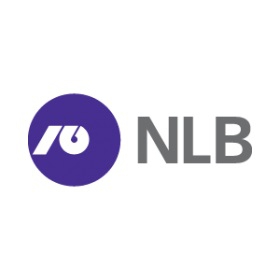What is it like to be a bat?
In his eponymous essay, American philosopher Thomas Nage argues that it is impossible to know that. His point is that us, humans will never understand what a bat’s experience is like - nor can we even begin to imagine. We know how a bat functions and we can talk about how it uses sonar waves to perceive space, for example, but there is no way for us to experience what a bat experiences. This is because every subjective phenomenon is essentially connected to a single point of view. And that, for us, is the human one. We couldn’t escape it if we tried. We only know and feel what it’s like to be human.
This is probably why we anthropomorphise essentially everything. We think about our pets as having a personality, as having human traits. But we think like that about many things: plants, other animals, the planet and we don’t stop there. We say things like the weather is “whimsical” or “gracious” today. We talk about the economy as a living, breathing organism, saying things like it’s “vibrant” or “slow” or “doing well”, we think of it as having life cycles. We can’t even imagine extraterrestial life that fundamentally differs from human physical structure or one that doesn’t possess some sort of language. It’s comfortable and familiar for us to think of phenomena as having human attributes, because that is how we are naturally wired to perceive them. This is true for brands, too.
We talk about brand personality. About brand identity, brand voice, brand acts, brand values, brand purpose. These are human attributes. We consciously construct and also unconsciously perceive brands as people. And that has consequences for how we can grow them.
I think we interpret everything a brand does, from communication to what happens in the store, as a human gesture. Does the brand send trucks with its billboard on top across the city, polluting the air? Not a good impression. Does it talk down to people? Is the brand a character who interrupts people when they want to go about their business? Does it litter the planet and not care about the consequences? We interpret these as gestures and react to them. We also react to driven brands who want to make a difference and just like with people, we expect them to not only talk about their values but to act on them as well - after all, we only want to let decent people (brands) into our lives.
A good brand for me is describable with these human traits: someone who we choose because they add value to our lives, someone who’s trustworthy, has a conscience, respectful, is driven to bring positive change in the world, tells exciting stories, someone who’s entertaining. To me, this is why purpose-led thinking and acting is the way forward: it’s because this is how we want humans to be.
KAROLINA GALÁCZ, Creative Director, DDB Budapest, Hungary













